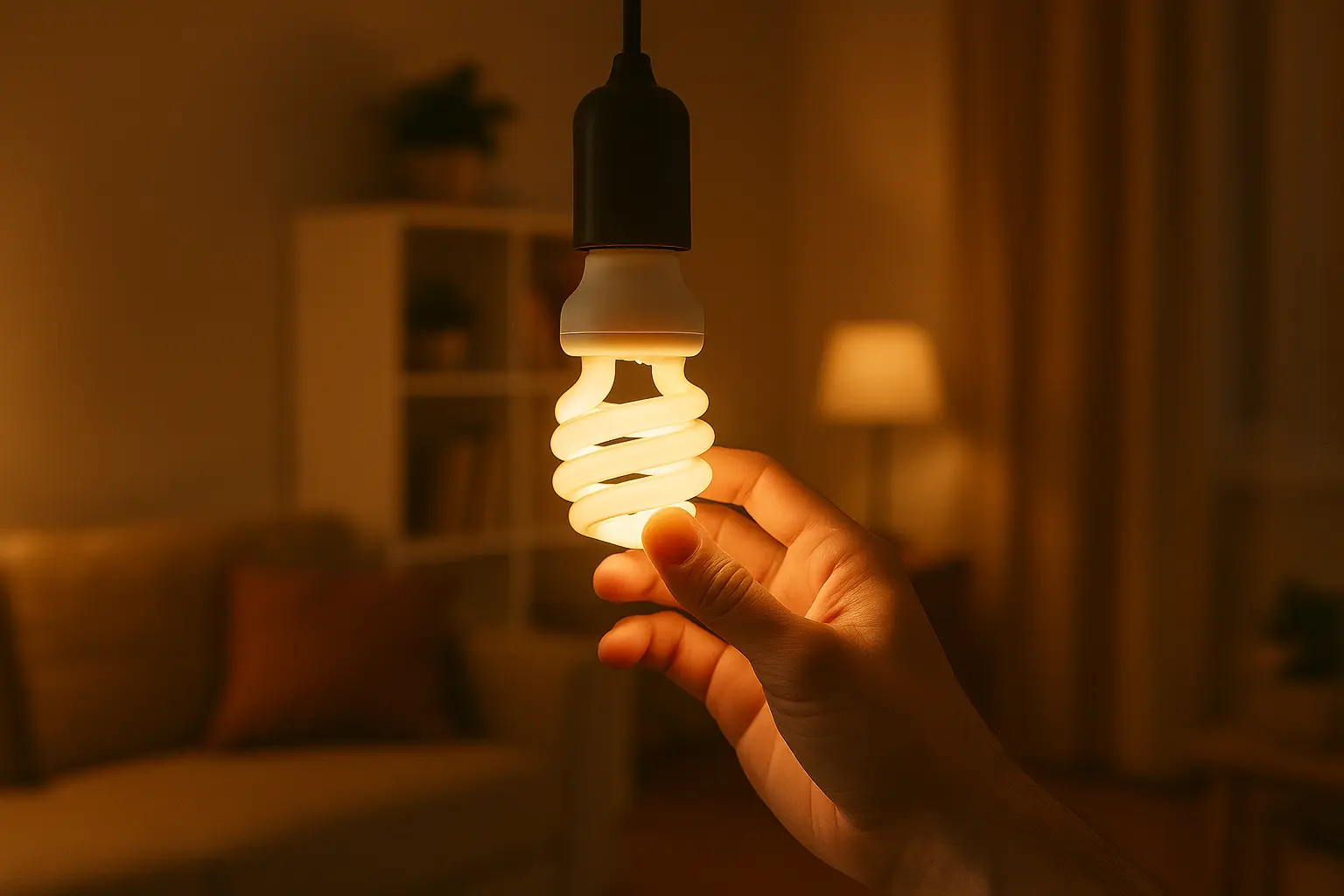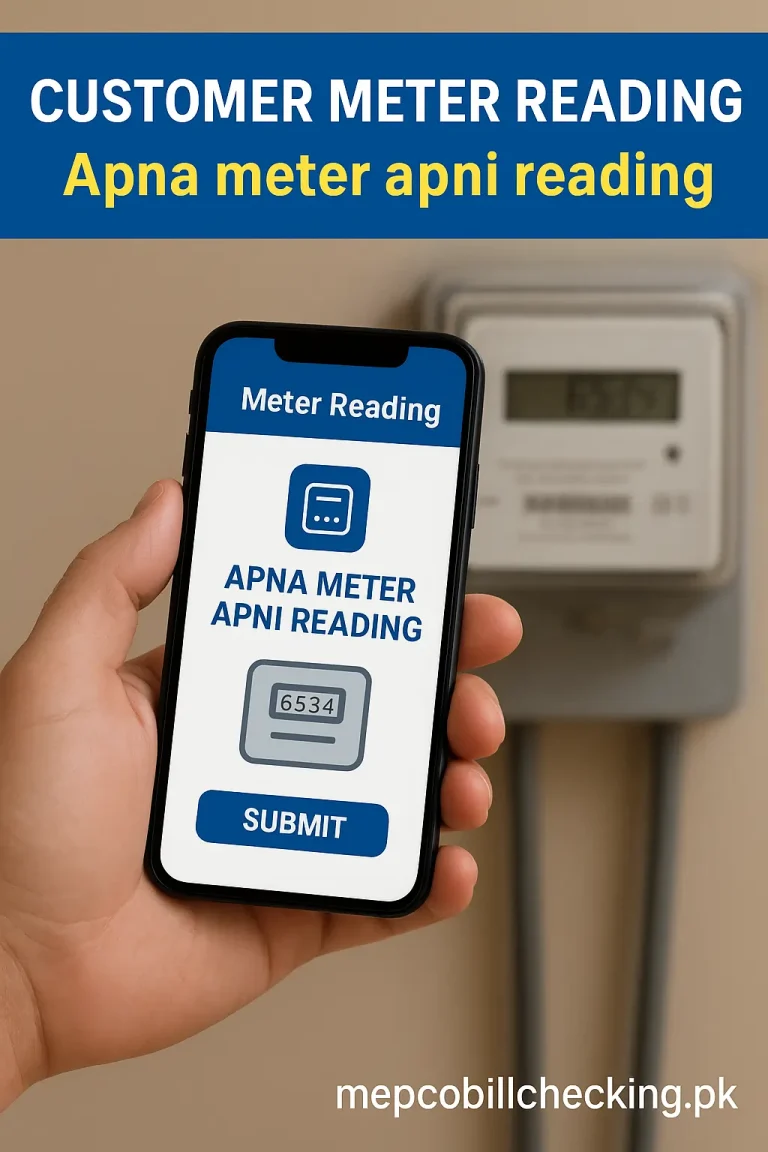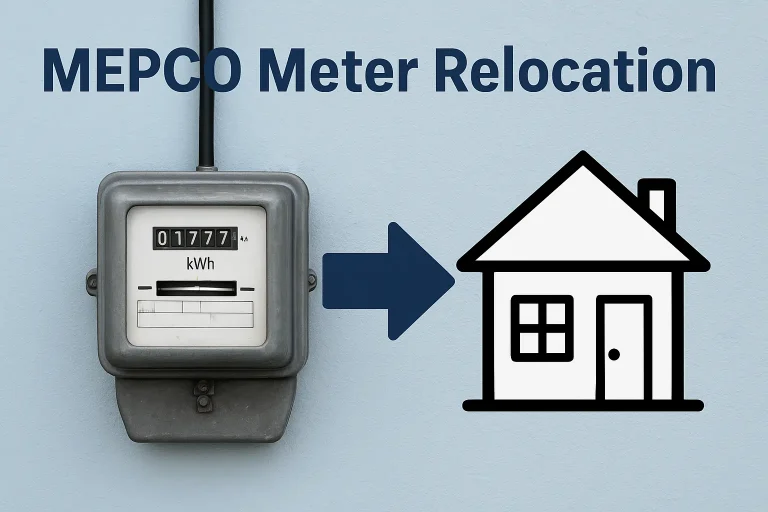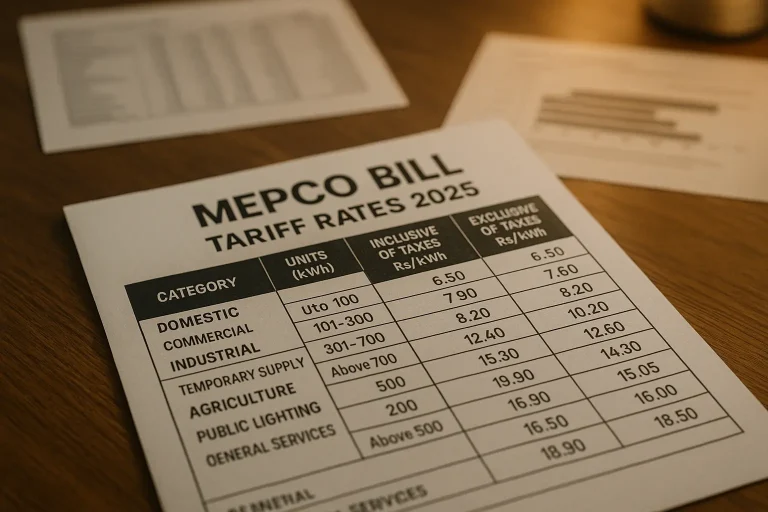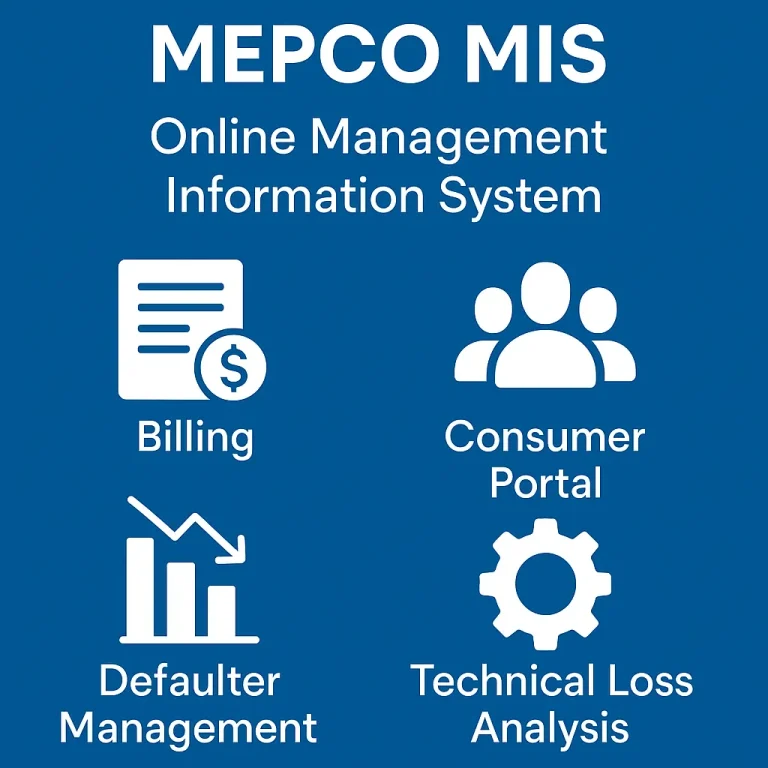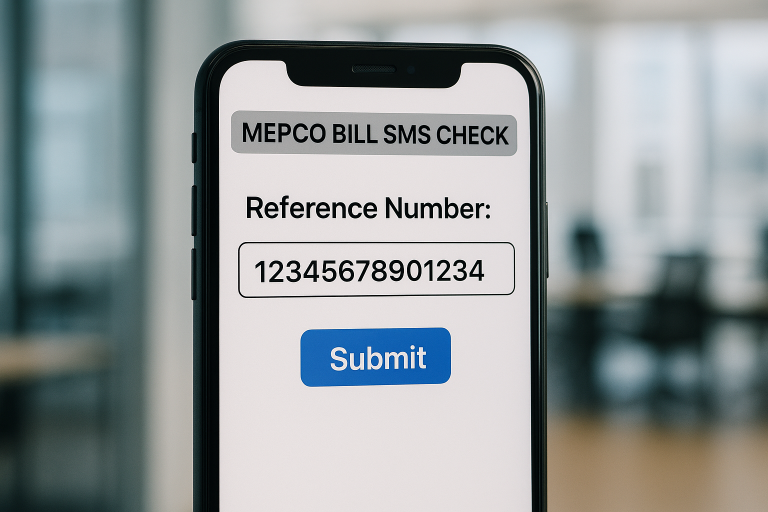Tips to Reduce MEPCO Bill | Save Your Energy and Money in 2025
Tips to Reduce MEPCO Bill can help every family save money each month. With a few smart changes, you can cut costs without losing comfort at home. Electricity prices in Pakistan keep rising, and for many households, paying the MEPCO bill feels heavier every month. Families in Multan and nearby regions especially notice the burden in summer when air conditioners and fans run nonstop. The good news? With the right habits, your monthly bill can go down while your home stays cool and bright.
This guide gives you practical, step-by-step tips to cut down your MEPCO bill. From small lifestyle changes to smart appliance use, you’ll see how every adjustment adds up. And the best part? Most of these solutions save money in the long run while also reducing energy waste.
Why is Reducing Your MEPCO Bill Important?
Reducing your electricity bill is not only about saving money. It also helps:
- Reduce pressure on Pakistan’s energy grid.
- Lower dependency on expensive fossil fuels.
- Improve energy efficiency at home.
- Reduce environmental impact by cutting carbon emissions.
In short: saving electricity means saving money, protecting the environment, and ensuring stable energy supply for everyone.
How Can Lifestyle and Appliance Changes Save Money?
Most electricity waste comes from daily habits and outdated appliances. Small changes in how you use devices, lights, and air conditioners can lead to noticeable savings every month. Let’s break them down one by one.
Unplug Idle Devices – Stop Phantom Load
Idle devices still consume electricity even when turned off. This is called phantom load.
- Chargers, TVs, PCs, printers, and gaming consoles keep drawing power when plugged in.
- Studies show standby devices can add 5–10% to your electricity bill.
Tip: Use a power strip and switch it off when devices are not in use.
Use Energy-Efficient Appliances
Appliances are the biggest energy consumers at home. Replacing old devices with inverter ACs, refrigerators, and energy-efficient fans reduces monthly costs significantly.
- Inverter ACs save up to 60% compared to traditional ACs.
- Modern refrigerators use less electricity by running on energy-saving compressors.
- Energy-efficient ceiling fans can save 40% more power.
Long-term view: The initial cost is higher, but the savings over 3–5 years easily recover the investment.
Switch to LED Bulbs
Lighting makes up a large portion of household consumption. LED bulbs are the cheapest way to save electricity.
- An LED uses 75–80% less energy than an incandescent bulb.
- LED bulbs last 15–20 times longer than traditional ones.
This means fewer replacements and lower bills.
Adjust Thermostat & Cooling Settings
Air conditioning is one of the top contributors to high bills.
- Set your AC at 26°C or above. Each degree below 26 increases electricity use by 6–7%.
- Use ceiling fans to circulate air and reduce AC runtime.
- Keep doors and windows closed to maintain cooling.
Use Natural Lighting
Daylight is free energy. Maximize natural light during the day instead of switching on lights.
- Use light-colored curtains to reflect heat but allow daylight.
- Keep windows clean for better sunlight penetration.
- Plan study or work hours during daylight.
Insulate Your Home
Poor insulation forces appliances like ACs and heaters to work harder.
- Insulate walls, ceilings, and windows to keep rooms cooler in summer and warmer in winter.
- Double-glass windows reduce heat transfer by 30–40%.
- Even thick curtains help reduce unnecessary heat gain.
Maintain Appliances Regularly
Appliances that are not maintained consume more power.
- Clean AC filters and coils every 2–3 weeks.
- Lubricate fan motors for smoother operation.
- Defrost refrigerators regularly to avoid ice buildup.
Well-maintained appliances last longer and draw less electricity.
Wash Clothes in Cold Water
Water heating is unnecessary for daily laundry.
- Modern detergents work perfectly in cold water.
- Heating water can double or triple washing machine energy use.
- Only wash full loads to save water and power.
Dry Clothes Naturally
Using dryers increases electricity consumption drastically.
- Sunlight and natural air are free and effective.
- Sunlight also kills bacteria and gives clothes freshness.
- Reserve dryers for emergencies only.
Avoid Peak Hour Usage
MEPCO peak hours usually fall in the evening when demand is highest. Electricity during peak hours costs more.
- Use heavy appliances like washing machines, irons, and ovens during off-peak times.
- Shift usage to early mornings or late nights where possible.
ApplianceOff-Peak Timing UseEstimated SavingsWashing MachineAfter 10 PM10–15%Ironing ClothesMorning / Afternoon5–10%Water PumpEarly Morning8–12%
Switch Off Lights & Appliances When Not in Use
Building a family habit of switching off devices can save a surprising amount.
- Switch off fans, ACs, and lights when leaving a room.
- Teach children to unplug chargers after use.
- Even a single light left on overnight adds to the bill.
Optimize Refrigerator Settings
A refrigerator runs 24/7, so optimization matters.
- Keep fridge temperature at 3–5°C.
- Freezer should be set at -18°C.
- Avoid stuffing the fridge too much – airflow improves cooling efficiency.
- Keep the fridge away from direct sunlight.
Use Energy-Efficient Cooking Appliances
Cooking takes a big share of household electricity.
- Use pressure cookers – they cut cooking time in half.
- Switch to induction stoves or microwaves for quick heating.
- Cover pots while cooking to trap heat.
Shorter cooking time equals less energy used.
Encourage Energy-Saving Habits in the Household
Technology helps, but habits matter more.
- Educate children on why saving energy is important.
- Reward consistent habits like switching off devices.
- Share monthly bill savings with the family to keep everyone motivated.
Small actions become second nature when practiced daily.
Conclusion
Reducing your MEPCO bill is not about living without comfort. It’s about using electricity smartly. By applying even three simple tips today, you will notice a difference in your next bill. Lower bills mean more financial freedom for your family and a healthier environment for future generations.

